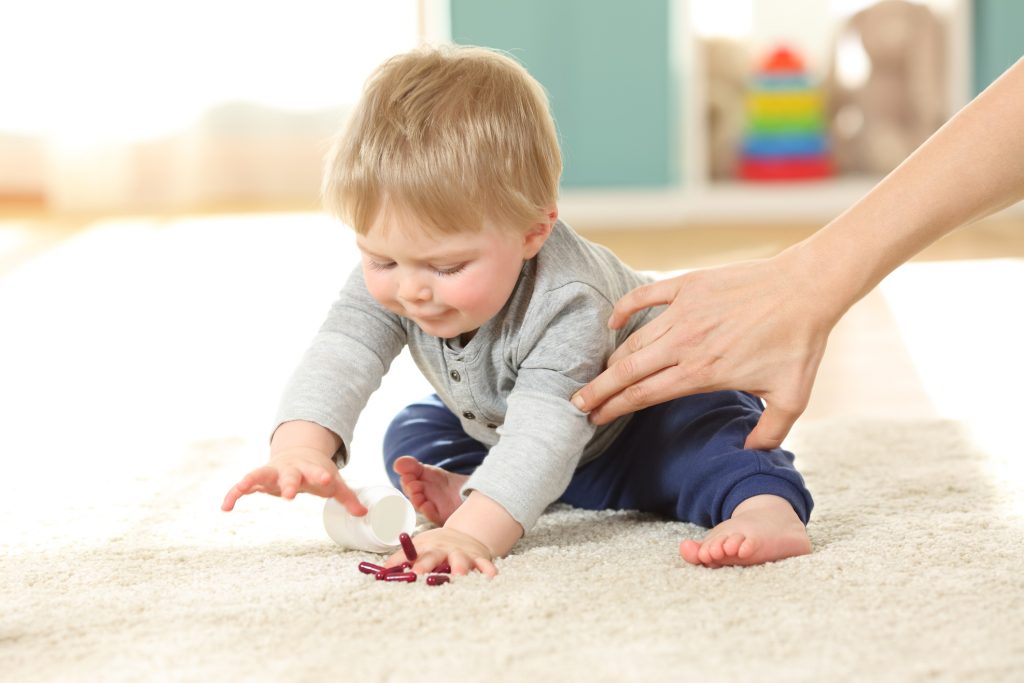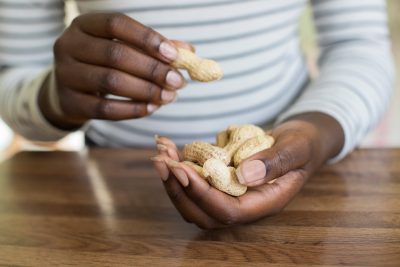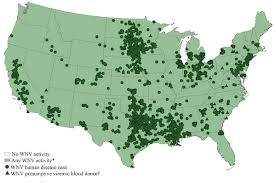Did you know?
Every day, over 300 children in the United States are treated in an Emergency Department, and two children die, as a result of being poisoned. There are more children brought to Emergency Departments for medication poisonings than for motor vehicle injuries! Kids are curious and most poisonings are accidental and occur in the home. In fact, more than 50% of reported poisonings occur in children under five years of age. Because children are smaller, they are especially susceptible to the effects of toxic substances and even small amounts of certain substances can be very dangerous.
What can we do to prevent poisonings?
The most important thing to do is be proactive about safety proofing your home.
- Remove all medications (including over the counter medicine, supplements, detergent packets, paint, loose batteries, etc.) from your child’s reach. Always put medicine and vitamins away after every use and never leave them on the counter between dosing. Don’t be tempted to keep them handy in a purse, unlocked cabinet or a drawer that a child can access. Remember, guests or other family members may have medicines with them so these instructions should pertain to them as well. Up to 20 percent of childhood poisonings involve a grandparent’s medication.
- Safety latches that automatically lock when you close a cabinet door can help keep children away from dangerous products, including detergent, bleach, etc. These are an added layer of protection, but there is always a chance a child can still access the cabinet so the safest place to store a product is somewhere that a child can’t reach or see.
- Purchase and keep all medicines in containers with safety caps and keep them out of reach of children. Always promptly discard unused medication. Keep in mind, safety caps are designed to be child-resistant but are not fully childproof.
- Always read and follow label instructions when giving medicines to children. Check the label each time you give a child medicine to ensure proper dosage. For liquid medicines, use the dosing device that came with the medicine. Kitchen spoons or other dosing techniques are not accurate and can cause you to give the wrong amount.
- Beware of e-cigarettes! Liquid nicotine can be extremely poisonous to children. Keep the refills locked up and out of reach and only buy refills that use child-resistant packaging.
- Never place poisonous products (i.e., cleaning supplies) in food or drink containers.
- Maintain working smoke and carbon monoxide detectors. It is important to change and test the batteries at least once or twice a year.
- Secure remote controls, key fobs, musical children’s books, watches and battery-operated greeting cards. These, and others, may contain small button batteries that can cause serious injury if ingested.
- Be aware of all plants in your home and yard. Some plants can be poisonous to children or animals.
- Program the nationwide poison control center number (1-800-222-1222) in your cellular phone.
If you think that your child has been accidentally poisoned, what should you do?
- Stay calm. If your child is having any trouble breathing or any changes in behavior call 911 immediately.
- Attempt to identify the possible poison. Whether it is a medication or a household good, make sure you get the bottle and try and identify how much your child might have taken.
- Call Poison Control at 1-800-222-1222. Stay on the line with them and answer their questions to the best of your knowledge. In some cases, you may be able to closely monitor your child at home.
- Do not attempt to make your child vomit, this can make certain situations worse. Do not use syrup of ipecac.
- If you suspect that your child has swallowed a button battery, please immediately go to the Emergency Department. Serious damage can happen in as little as two hours.
- If Poison Control does instruct you to go to the Emergency Department, please bring the suspected poison or a photo of it with you to help the doctors identify what it is.
What can you expect in the Emergency Department?
- Once you arrive, both nurses and doctors will carefully evaluate your child. They will ask questions about what the suspected poison is, the amount and where the ingestion may have happened. These questions are all to help guide the proper treatment.
- Depending on what the poison was, your child may undergo certain testing including blood work, urine studies or an ECG (heart rhythm analysis). The medical staff may even place an IV and give certain fluids or medicine to help.
- Depending on what the poison was, your child may be observed to ensure they are acting normally and tolerating eating and drinking, or they may be admitted to the hospital for continued care.
- A social worker may likely come to speak to you about resources and ways to help prevent future accidental ingestions in your home or elsewhere.
- Your child will be discharged home only when the medical staff is sure that he or she is safe from any potential side effects of the accidental poisoning.






Comments